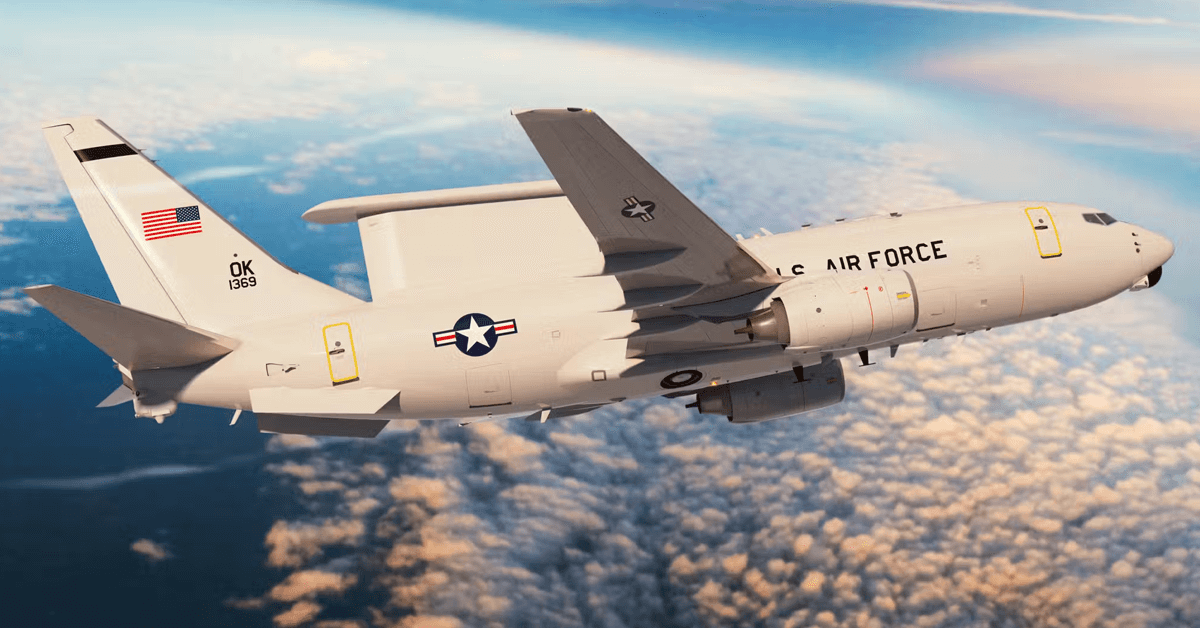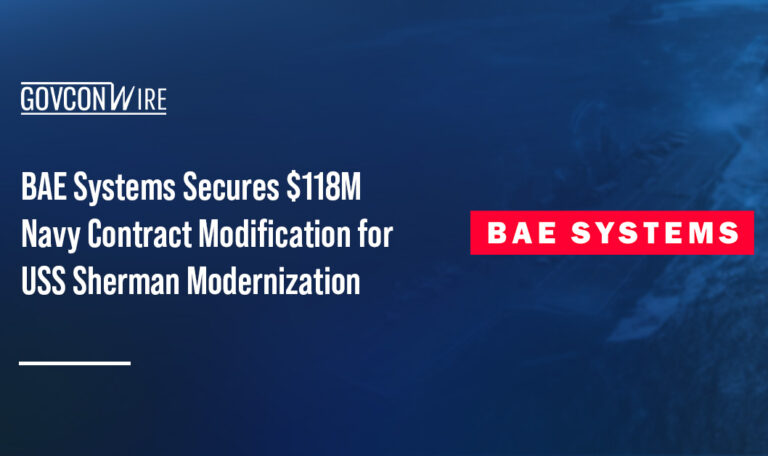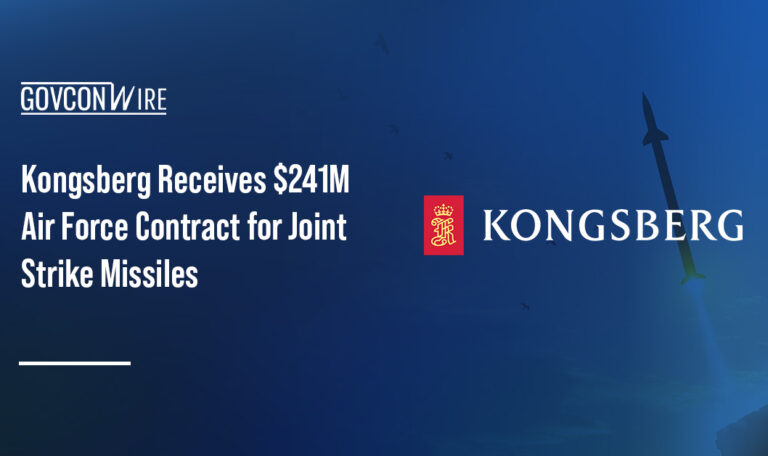The U.S. Air Force has awarded Boeing (NYSE: BA) a potential $2.56 billion contract to build two rapid prototype E-7A Wedgetail airborne early warning and control aircraft and provide lifecycle development, training and other support services for the service branch’s E-7A fleet.
The Department of Defense said Friday the award marks the definitization of a $1.2 billion undefinitized contract action awarded in February 2023.
Contract work will occur in Tukwila, Washington, through Aug. 28, 2029.
E-7A to Provide Airborne Battle Management Capability
According to Boeing, E-7 serves as an integrated command-and-control node to provide warfighters with battle management, multidomain awareness and targeted tracking capabilities in complex operational environments. It comes with an Agile software design and open systems architecture to facilitate the integration of new capabilities.
Based on the Next-Generation 737, the aircraft uses a multirole electronically scanned array sensor designed to help detect multiple maritime and airborne threats at long ranges.
“The E-7A is the airspace lynchpin to continuously scan the skies, command and control the battlespace, and integrate all-domain data providing a decisive advantage against threats. With our open systems architecture approach, capabilities can be rapidly inserted over time as threats evolve,” Dan Gillian, vice president and general manager of Boeing Defense, Space and Security’s mobility, surveillance and bombers division, said in a statement published Friday.
Air Force Eyes E-7A Production Decision in FY 2026
The Air Force said it anticipates the E-7A rapid prototyping program to help inform the aircraft production decision in fiscal year 2026 and that it expects Boeing to deliver the two prototype planes in FY 2028.
Air forces from Australia, South Korea and Turkey also operate the E-7 aircraft, which has been selected by NATO as its preferred AEW&C platform.
Boeing is also building three E-7As for the U.K. air force.















